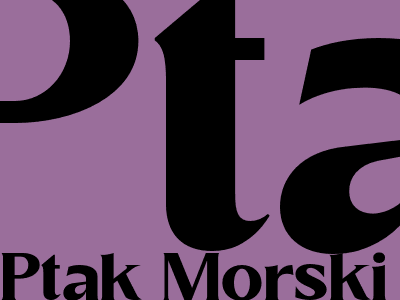
Ptak Morski
WordPress vs. Blogger: Which is Best for Your Business?
Introduction: Understanding the Business Blogging Landscape
When it comes to establishing an online presence for your business, choosing the right blogging platform is crucial. WordPress and Blogger are two of the most popular options, each offering unique advantages and drawbacks. This comprehensive guide will delve into the key considerations to help you determine which platform aligns best with your business objectives.
WordPress: A Powerful and Versatile Platform
Unleashing Customization and Flexibility
WordPress stands out for its unparalleled flexibility and customization options. It allows you to create a website tailored to your specific needs, with access to a vast library of plugins and themes. This flexibility empowers businesses to establish a distinct brand identity and enhance user experience.
Scalability and Growth Potential
As your business expands, WordPress provides room for growth. Its scalability ensures that your website can handle increased traffic and accommodate new functionality without compromising performance. This scalability makes WordPress an ideal choice for businesses with ambitious growth plans.
Community Support and Resources
WordPress boasts a thriving community of developers and users, offering invaluable support and resources. Forums, documentation, and online courses provide access to a wealth of knowledge, enabling businesses to resolve technical issues and optimize their websites.
Blogger: A Simple and User-Friendly Platform
Ease of Use and Simplicity
Blogger is renowned for its user-friendly interface, making it accessible even to beginners with limited technical expertise. Its intuitive design streamlines the blogging process, allowing businesses to quickly establish an online presence.
Cost-Effectiveness
Blogger is a cost-effective option, particularly for businesses on a tight budget. Its free basic plan provides access to essential features, while paid plans offer additional storage and customization options.
Limitations and Scalability
While Blogger offers simplicity, it comes with limitations in terms of customization and scalability. Businesses seeking advanced functionality or extensive growth may find Blogger's capabilities insufficient.
WordPress vs. Blogger: A Comparative Analysis
Customization and Flexibility:
* WordPress: Highly customizable with plugins and themes, allowing for tailored website design. * Blogger: Limited customization options, primarily through pre-defined templates.
Scalability and Growth:
* WordPress: Designed for growth, supporting high traffic volumes and expanded functionality. * Blogger: Scalability limitations, may struggle with large amounts of content or complex features.
User-Friendliness:
* WordPress: Requires some technical knowledge for customization and maintenance. * Blogger: User-friendly interface, suitable for beginners with limited technical expertise.
Cost:
* WordPress: Free and paid plans available, with additional costs for hosting and plugins. * Blogger: Free basic plan with paid plans for additional features.
E-commerce and Monetization:
* WordPress: Supports e-commerce functionality through plugins like WooCommerce. * Blogger: Limited e-commerce options, requires integration with third-party services.
SEO and Marketing:
* WordPress: Robust SEO capabilities with plugins for optimization and analytics. * Blogger: Basic SEO features, limited customization options for search engine optimization.
Conclusion: Choosing the Right Platform
The choice between WordPress and Blogger ultimately depends on your business needs and objectives. If customization, flexibility, and scalability are paramount, WordPress emerges as the superior option. For businesses prioritizing ease of use, cost-effectiveness, and a quick start, Blogger offers a viable alternative. By carefully considering the factors outlined in this guide, you can make an informed decision that will empower your business to achieve its blogging goals.

Comments